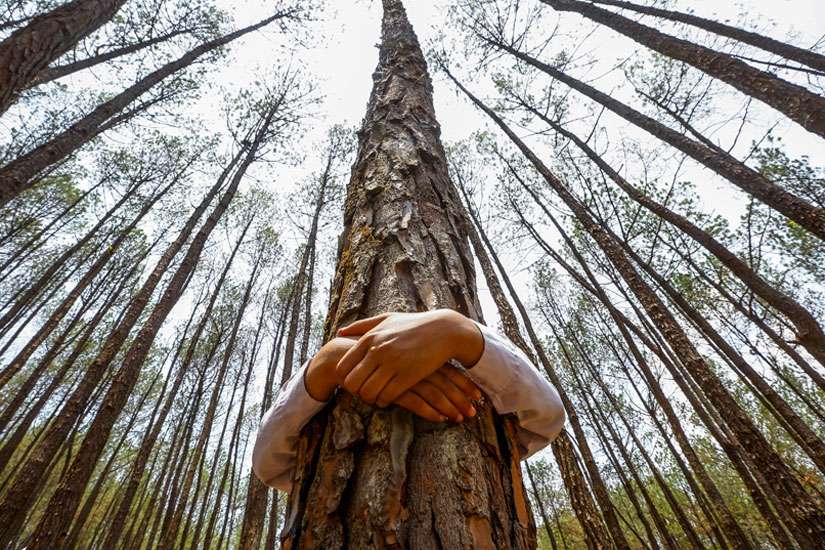"Our concern for the common good of the planet, and for humanity, urges us to recognize our sense of interdependence with both nature and one another," Archbishop Silvano Tomasi, the Vatican's permanent observer to U.N. agencies in Geneva, told the council March 6.
"While science continues to research the full implications of climate change, the virtue of prudence calls us to take the responsibility to act to reduce the potential damages, particularly for those individuals who live in poverty, for those who live in very vulnerable climate impact areas, and for future generations," he said. He noted Pope Francis' statement that "on climate change, there is a clear, definitive and ineluctable ethical imperative to act."
Looking forward to the U.N. Climate Change Conference in Paris Nov. 30-Dec. 11, Archbishop Tomasi said he hoped any new agreement would "embody binding measures of responsibility and solidarity for an effective action by the international community to address together the threats resulting from climate change."
He said nations must commit themselves to curbing carbon emissions at a minimum level and must "sufficiently fund adaptation measures needed by vulnerable nations and peoples to withstand the impacts of climate change."
"Poverty and climate change are now intimately linked," he said, adding that an estimated 600 million people will face malnutrition due to climate change.
Stating that climate change is an issue of justice, he said: "Both developed and developing countries have a responsibility to protect: They constitute the one human family of this earth with an equal mandate to manage and protect creation in a responsible manner to ensure that also our future generations find a world that allows them to flourish."


